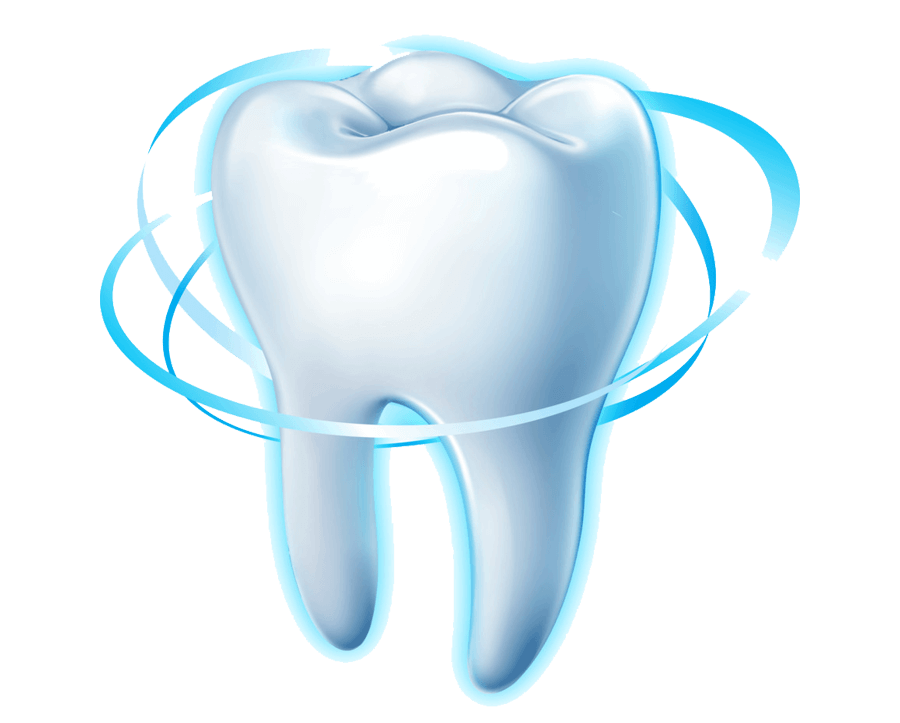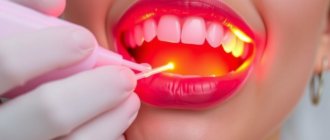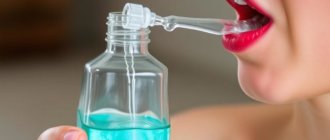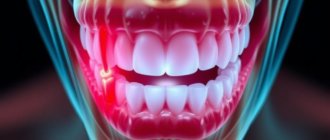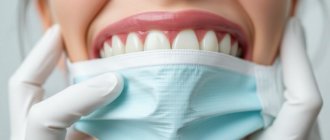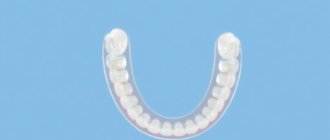Pregnancy is a magical journey filled with excitement, anticipation, and a fair share of questions — especially when it comes to health. While many expectant mothers diligently prepare for doctor visits and prenatal vitamins, one often overlooked aspect is pregnancy dental care. Yes, your oral health plays a crucial role during this special time, affecting not just your comfort but also the well-being of your developing baby. From morning sickness effects to hormonal changes, understanding pregnancy dental care must-knows can help you protect your smile and ensure a healthier pregnancy.
You might ask, “Is pregnancy dental care different from regular dental care?” The answer is a resounding yes. Hormonal fluctuations during pregnancy can influence the gums, teeth, and mouth, making you more susceptible to issues like gingivitis, gum disease, and enamel erosion. This article will dive into everything you need to know about pregnancy dental care, including the safest practices, common dental problems during pregnancy, when to see a dentist, and tips for keeping your teeth and gums healthy throughout your trimester journey. Let’s start by learning how pregnancy impacts your oral health.
Содержание
How Pregnancy Affects Your Oral Health

Pregnancy brings significant hormonal changes, and these affect more than just mood swings and cravings. Estrogen and progesterone levels rise dramatically, influencing the blood flow to your gums, increasing sensitivity and inflammation. This means that plaque and bacteria, which normally cause gum irritation, can escalate into more severe conditions during pregnancy.
You might notice symptoms like swollen gums, bleeding when brushing, or even tender spots in your mouth — all signs of pregnancy gingivitis. While mild gingivitis is common, if left untreated, it can progress to periodontal disease, which has been linked to preterm birth and low birth weight. Understanding these risks highlights why pregnancy dental care is a must.
Morning sickness is another factor that can impact dental health. Frequent vomiting exposes your teeth to stomach acids, which can erode tooth enamel and cause sensitivity or cavities. Alongside cravings for sugary snacks, the acid attacks from morning sickness increase the risk of tooth decay. Therefore, knowing how to manage morning sickness’s impact on your teeth is a key piece of pregnancy dental care must-knows.
Common Dental Problems During Pregnancy
Pregnancy brings a unique set of dental challenges. Here are some of the most common conditions you may face and what they mean:
- Pregnancy Gingivitis: Inflammation and redness of the gums, often accompanied by swelling and bleeding. It typically affects women in their second trimester.
- Periodontal Disease: Advanced gum disease that can lead to gum recession, bone loss, and tooth mobility. It’s important to catch and treat this early to avoid complications.
- Pregnancy Tumors: These are non-cancerous, localized overgrowths of gum tissue that can appear in the second trimester. They often bleed easily but usually disappear after pregnancy.
- Increased Tooth Decay: As a result of morning sickness and dietary changes, tooth decay risk may increase during pregnancy.
- Enamel Erosion: Acidic exposure from vomiting can lead to the wearing away of enamel, making teeth sensitive and vulnerable to cavities.
Being aware of these problems empowers you to take timely action and collaborate with your dental health professional to maintain oral wellness.
Safe Pregnancy Dental Care: What You Need to Know

Many women worry if dental treatments and X-rays are safe during pregnancy. The good news is that routine dental care is not only safe but highly recommended. Here’s what you need to keep in mind:
Routine Dental Visits Are Important
Scheduling regular dental cleanings and check-ups during pregnancy helps catch any oral issues early. Your dentist can provide professional cleanings to remove plaque and tartar buildup, reducing the risk of gingivitis and periodontal disease.
Best Time for Dental Treatment
The safest period for elective dental treatments is the second trimester (13 to 28 weeks). During this time, the baby is more stable, and the mother feels more comfortable, reducing risks associated with procedures or medications.
Dental X-Rays During Pregnancy
Though dental X-rays are generally avoided during pregnancy, they can be taken if absolutely necessary, with protective lead aprons to minimize exposure. Always inform your dentist if you are pregnant or suspect pregnancy before any imaging is done.
Local Anesthesia and Medications
Local anesthetics such as lidocaine are considered safe during pregnancy when properly administered. However, avoid certain medications like tetracycline antibiotics and non-steroidal anti-inflammatory drugs (NSAIDs), which may disturb fetal development. Always discuss medication safety with your healthcare providers.
Effective Pregnancy Dental Care Tips You Can Follow at Home

Maintaining good oral hygiene at home is key. Here are some practical and easy-to-follow pregnancy dental care must-knows:
- Brush Twice Daily: Use fluoride toothpaste to protect against cavities and strengthen enamel.
- Floss Daily: This helps remove plaque between teeth where brushing can’t reach, lowering gum inflammation.
- Rinse With Saltwater: If you experience bleeding or tenderness, a gentle saltwater rinse ( 1/2 teaspoon salt in 8 ounces of warm water) can reduce inflammation and promote healing.
- Manage Morning Sickness: After vomiting, rinse your mouth with plain water or a fluoride mouthwash. Avoid brushing immediately to prevent spreading acids over your enamel.
- Limit Sugary & Acidic Foods: These can raise cavity risk. Opt for balanced meals and healthy snacks like fresh fruits, vegetables, and nuts.
- Drink Plenty of Water: Water helps wash away food residues and stimulates saliva flow, which naturally protects teeth.
Nutrition and Its Role in Pregnancy Dental Care
What you eat not only nourishes your baby but your teeth and gums too. Good nutrition supports tissue healing and keeps your oral structures strong. Here are some key nutrients to focus on:
| Nutrient | Role in Oral Health | Food Sources |
|---|---|---|
| Calcium | Strengthens teeth and bones | Dairy products, leafy greens, almonds |
| Vitamin D | Aids calcium absorption | Sunlight, fortified milk, fatty fish |
| Vitamin C | Supports gum health and healing | Citrus fruits, strawberries, bell peppers |
| Phosphorus | Works with calcium to rebuild tooth enamel | Meat, fish, dairy, nuts |
Balancing these nutrients and maintaining overall health will give you added protection from oral infections and inflammation.
When Should You See a Dentist During Pregnancy?
Scheduling dental visits during pregnancy is crucial, but some situations call for immediate attention. Here’s when you should make an appointment without delay:
- Experiencing persistent gum bleeding or swelling
- Noticing pain, tooth sensitivity, or signs of infection
- Developing pregnancy tumors that cause discomfort or bleed
- Any dental trauma or injury
- Signs of abscess or pus formation
Remember that addressing dental concerns promptly can prevent complications both for your mouth and your pregnancy.
Communicating With Your Healthcare Providers
It’s important to keep your obstetrician and dentist informed about your pregnancy status and treatments you are receiving. Coordination between your healthcare providers ensures safe management of any dental procedures and medications.
Myths and Facts About Pregnancy Dental Care
Pregnancy is often surrounded by myths that can cause unnecessary worry. Let’s clear up common misconceptions to help you make confident dental care decisions:
| Myth | Fact |
|---|---|
| “You lose a tooth for every pregnancy.” | False. Tooth loss is mainly due to neglect or disease, not pregnancy itself. |
| “Dental treatment during pregnancy is unsafe.” | False. Routine cleanings and necessary treatments are safe with proper care. |
| “Pregnancy tumors require surgery.” | Usually false. They often resolve after delivery, but a dentist can monitor them. |
| “Brushing right after vomiting helps protect teeth.” | False. Rinse first; brushing immediately can harm enamel softened by acid. |
Being informed helps you avoid fear-based decisions and supports healthy habits.
Preparing for Postpartum Dental Care
Your oral health journey doesn’t end with childbirth. In fact, caring for your teeth and gums postpartum is just as important. Stress, sleep deprivation, and changes in routine might affect your dental hygiene temporarily.
Babies sometimes make you skip dental visits, but scheduling a postnatal dental check-up ensures any lingering issues from pregnancy can be addressed and that you maintain a healthy smile as you care for your little one.
Passing Good Habits to Your Baby
Good oral health starts early. As your baby’s first teeth emerge, establish gentle brushing, avoid sugary drinks, and schedule their initial dental visit by their first birthday. By modeling your own pregnancy dental care routine, you set a foundation for lifelong dental wellness in your family.
Conclusion
Pregnancy dental care is an essential but often underestimated aspect of prenatal health. Hormonal changes, morning sickness, and nutritional shifts can make your mouth vulnerable to problems like gingivitis, enamel erosion, and tooth decay — but with informed care, most issues are preventable. Regular dental visits during pregnancy, combined with diligent at-home hygiene, a balanced diet, and communication with your healthcare providers, can safeguard your smile and support your baby’s healthy development. By understanding these pregnancy dental care must-knows, you’re not only investing in your own well-being but setting the stage for your child’s future dental health. Remember, a healthy mom and a healthy smile go hand in hand for a happy pregnancy journey.
